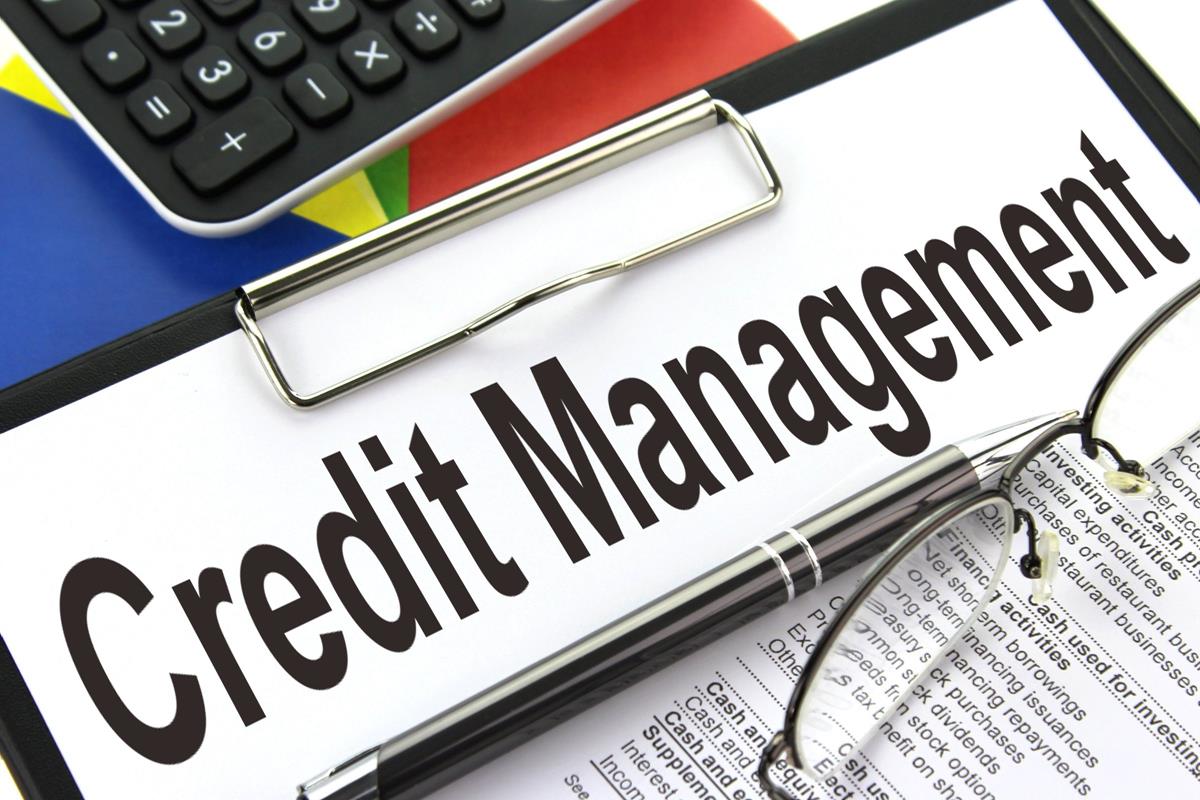
Late payments and bad debts.
These are two of the biggest headaches for any business owner.
Too many late payments and too much bad debt can mean the end of a business. That’s because they impact cash flow, which can impact the overall performance of the business as resources are stretched.
No matter the size of your business, you can, and should, arm your accounts department with great processes to aid their invoice management and debt recovery efforts. However, your credit management and debt recovery processes can certainly benefit from ensuring your business takes a proactive approach.
Rather than waiting until after something has happened, like late payments or significant bad debt has been racked up, you can work with your team to reduce the chances of these late payments occurring in the first place.
But, how?
Well, that’s what we’re here to talk about today – how you and your business can save time and money in the long run by being proactive with your credit management processes.
Manage your credit better with these tips
1. Carefully choose your clients
When you’re trying to grow your business, sales and new clients are important.
The more the merrier right?
Not always.
When it comes to many businesses and clients, the classic idea of quality over quantity, still stands.
Whilst budgets and sales goals add pressure for you to get more clients, just because someone wants to be a client, it doesn’t mean that they should be.
To ensure you protect your business, a comprehensive credit application process should be put in place. You want a process that is going to provide you with the information you need to make an informed decision about taking on a new client.
The type of business you have will determine how detailed your credit application process should be, however, if you’re in the business of providing goods or services prior to receiving a payment, you need some sort of check in place.
A great starting point for you is to ensure that you run a credit report on any prospective clients. That way, you can see their history of payment habits over time. From this report, you should be able to glean information that may be considered red flags. If there are one or two blips on someone’s credit report, they might still be worth taking on as a client, however, you need to put the information from the report into perspective before you can make a final decision.
You could also consider putting a reference system in place to learn more about their payment history and patterns. If a potential client isn’t willing to provide you with relevant information, such as trade references, then this could be a red flag for you.
Spending time to get to know your prospective clients can give you great insights into their business, and how they work. It can also be the perfect set up for a longstanding relationship.
This first step will help to weed out a large majority of the types of clients you don’t want to work with, and will save you time, money, and headaches in the future.
If you’re selective and do your research, your business should benefit from being able to spend less time on debt recovery efforts.
2. Make sure the terms and conditions of doing business with you are clear
Let’s face it, not many people actually make it through a terms and conditions document – even though it is an extremely important document that is relied upon time and time again when disputes arise.
To mitigate this, first you need to ensure that your terms and conditions document is clear and concise. It doesn’t have to be a ridiculous many multi-page document, but it does need to be thorough.
To back up your terms and ensure that they are at the forefront of your client’s mind, you can always put your payment terms on the first page of your invoice. Ensure the due date is printed on the invoice, along with the payment days to reiterate this. You can also include information regarding any interest late payment or costs of recovering overdue payments may incur.
By having this information in front of their face, you reduce the chance of excuses.

3. Keep your terms up to date and relevant
Your terms and conditions are not just a set and forget document. They are something that should be reviewed some what regularly.
You can always put a process in place to review your terms every 12 months – many large business review their trading terms with suppliers on an annual basis. However, if something isn’t working for your business, and you can pinpoint what it is, don’t be afraid to review your terms more regularly than that.
It’s also important to remember that your terms and conditions do not have to be the same for every client. While different terms for different clients does mean that you may have more to maintain and monitor, a little more work here can save you more work down the track.
4. Build a relationship with your client
Don’t let the only communication between you and client revolve around invoices.
Many businesses make the mistake of not communicating enough. While you don’t need to be talking every day, it’s a good idea to touch base with them outside of just sending or chasing up an invoice.
Periodically get in touch with them to see how they are going with their business, how they are finding working with you, and if there’s anything bothering them or anything that you could do to make their lives easier.
Longstanding business relationships are built on solid foundations of clear and strong communication.
We mentioned earlier that getting to know details about their business and how they work can help you in deciding whether they are an appropriate client for you – these details are also the beginning of building a great long-term relationship.
When you have a great relationship with a client, if they have run into some trouble, there is a higher likelihood of them alerting you to this, rather than leaving you in the lurch.
5. Know when it’s time to work with a professional debt collector
While you can take lots of different proactive steps to protect your business, the business world is unpredictable, and you might find yourself in a position where you’re chasing overdue payments and late invoices.
While a debt recovery process is very important for your business to have in place, it’s also important to recognise when it’s time to get professional help.
A debt collection agency, like us here at JMA, can help you efficiently recover debts and outstanding payments. Through our resources and years of experience, we have developed efficient processes that allow us to recover debts more effectively than your average business.
While there are costs associated with debt recovery, these are often outweighed by the benefit of actually recovering the money and the time you’re saving by doing so.

Bonus: Review your credit management processes with a professional
If you want to ensure your credit management efforts are not wasted, you can always work with a professional who can audit your current processes and help you create more efficient and effective ones.
Spending time and money on this now will most certainly save you time and money in the future. Here at JMA Credit Control, not only do we offer debt recovery services, but we also offer a variety of credit management services. We audit the credit processes of many Australian businesses to help them ensure they are running as efficiently and effectively as possible.
If you have a small to medium sized business anywhere in Australia, get in touch with us to get your credit management practices in the best shape possible!





















